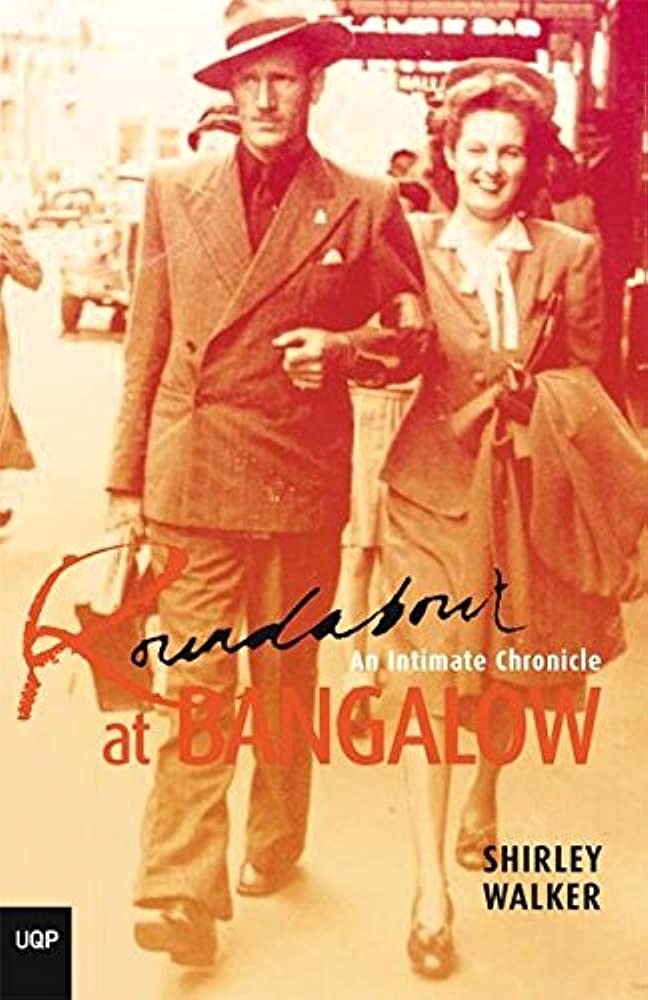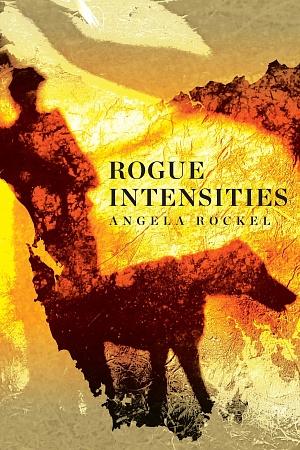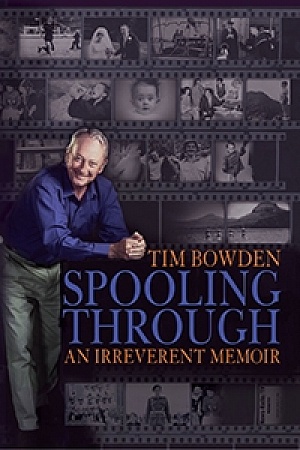A Wealth of Women: Australian women’s lives
Duffy & Snellgrove, $30 pb, 310 pp
Roundabout at Bangalow: An intimate chronicle
UQP, $30 pb, 232 pp
Women's Lives
Shirley Walker’s autobiography, Roundabout at Bangalow, is a remarkably rich book and a significant addition to the distinctive group of life stories that continue to fascinate Australian readers. It seems that at least once a year a striking memoir appears that strangely alters our relationship with the national past. These books are more than books. They are transforming cultural events. Inserting their stories into the generalised narratives of historians, autobiographies such as Sally Morgan’s My Place, A.B. Facey’s A Fortunate Life, Bernard Smith’s The Boy Adeodatus, or Andrew Riemer’s Inside Outside appropriate the past in new and compelling forms. To use Raymond Williams’s phrase, they make the past ‘knowable’, and they do so with an immediacy available to no other form of writing. For this reason alone, they inevitably win a large popular readership.
Roundabout at Bangalow delves into the lives of four generations of Walker’s own family and that of her husband, while exploring the changing fates of several different regions. Autobiographies are often particularly valued for their re-creation of place, a feature that has sometimes led to their classification in librarians’ catalogues as regional histories. Walker’s story is no exception, and many readers will warm to her descriptions of spectacularly beautiful parts of the north coast of New South Wales. Place, though, often has a different role in this narrative, establishing itself as an impartial, if beautiful, witness to the less beautiful human dramas played out against its backdrop. Whether it is the Jacaranda Festival erupting in brilliant purples every year at Grafton, or complicated family stratagems to secure the virginity of its girls, human activities and external nature remain incongruously coupled. Later, place (now a peninsula in the Clarence River) becomes an aggressive protagonist, forcing the narrator’s family to leave their farm to find a more reliable future elsewhere.
Continue reading for only $10 per month. Subscribe and gain full access to Australian Book Review. Already a subscriber? Sign in. If you need assistance, feel free to contact us.













Leave a comment
If you are an ABR subscriber, you will need to sign in to post a comment.
If you have forgotten your sign in details, or if you receive an error message when trying to submit your comment, please email your comment (and the name of the article to which it relates) to ABR Comments. We will review your comment and, subject to approval, we will post it under your name.
Please note that all comments must be approved by ABR and comply with our Terms & Conditions.